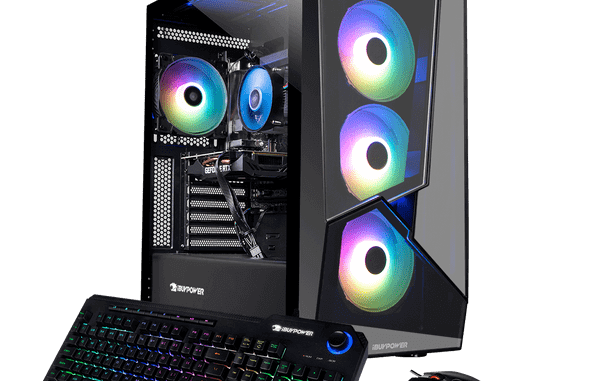
It appears the time for the fall of HDDs has come. According to a new report, a decline in PC demand and the speed of SSD adoption combined to cause a large reduction in hard drive shipments in the third quarter.
According to data from Trendfocus, unit sales at manufacturers like Toshiba fell by as much as 17.3% in Q2. HDD shipments fell 15.4% on a quarter-to-quarter basis.
The outlook for performance-focused enterprise drives and nearline units seems a bit less gloomy over the course of time. Demand for most HDD segments declined by double-digit percentages overall.
The fall of HDDs?
SSDs’ immediate danger to the hard disk business has long been overstated by commentators. Even if HDDs are significantly slower, the cost per capacity is still lower. Thus businesses that need to store enormous amounts of data can still benefit. Additionally, HDDs are still widely used in non-premium consumer electronics.
However, the number of use cases for HDDs is surely declining as solid state drives grow quicker, more affordable, and more spacious.
For instance, Micron was the first manufacturer to produce 176-layer QLC NAND flash at scale earlier this year. A move that could enable SSDs in even the most affordable notebooks.
In an effort to improve the quality and consistency of performance across Windows 11 systems, Microsoft is also prepared to mandate that PC makers stop using HDD boot drives. Even though the prohibition only applies to boot drives, dual-drive systems are uncommon. Therefore HDDs will essentially be driven to the periphery of the PC industry.
It is anticipated that new technologies would cause the maximum SSD capacity in a corporate setting to increase dramatically. This may be perhaps up to 400TB, narrowing the cost-per-capacity gap with hard drives.
The justification for employing hard drives for archiving applications is eroding due to advances in the capacity of magnetic tape (the current version, LTO-9, has a native capacity of 18TB). This is putting pressure on HDDs from the opposite direction.
The hard drive will only find itself in a more precarious situation as time goes on, despite analysts’ claims that organizations are best served by keeping a balanced storage stack made up of tape, HDDs, and SSDs, which should cover every use case in the most cost-effective way.
Leave a Reply